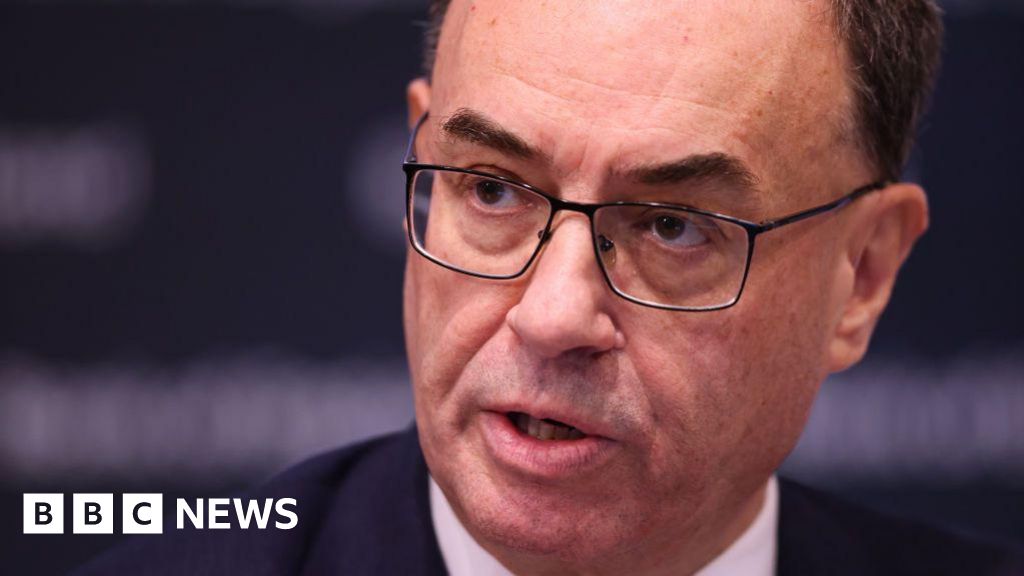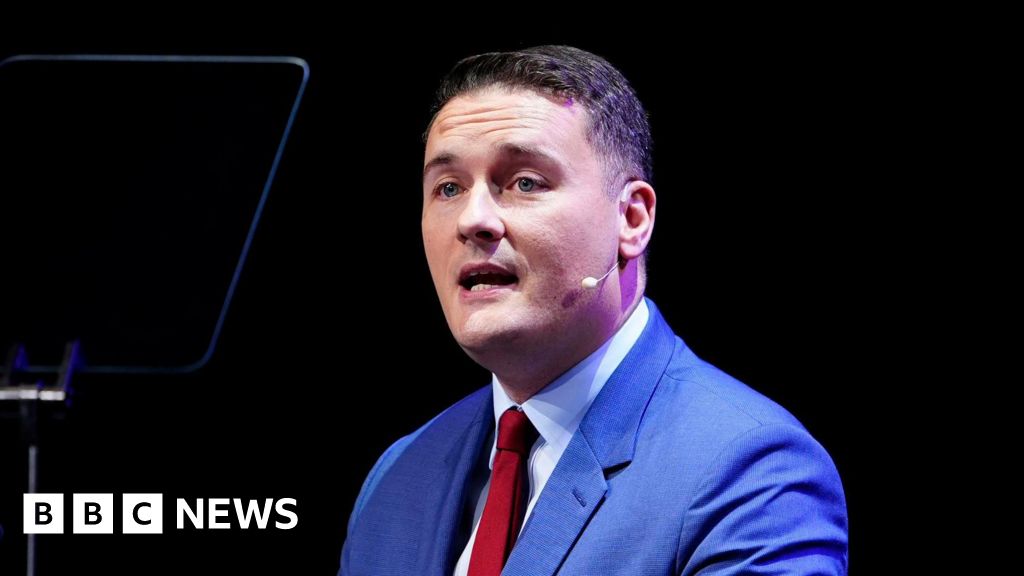ARTICLE AD BOX
image sourceScience Photo Library
The government is promising an overhaul of the way social care is funded in England. So what's going to happen and how will it be paid for?
What is being proposed?
- People will no longer pay any more than £86,000 in care costs - that is, for actual care, rather than accommodation - over their lifetime, from October 2023
- Those with less than £20,000 in assets will have their care fully paid for
- There will be help for people owning between £20,000 and £100,000 in assets
- The amount of help given will be based on a means test, with the details of how this will work to be announced at a later date
How will the changes be funded?
- National Insurance (NI) - which working people and their employers pay to ensure benefits like the state pension - will rise by 1.25% from next April
- From April 2023, this extra payment will become a separate tax - called the Health and Social Care Levy - on earned income
- The government says the changes will cost £255 a year for someone earning £30,000, and £505 a year for someone on £50,000
- Shareholders will also have to pay 1.25% more in tax on the profits they make
How much will all this raise?
- The changes are expected to raise £12bn a year
- The government says that, for three years, all the money will go towards easing the NHS backlog, before more of it being moved into social care
What about Scotland, Wales and Northern Ireland?
- The government says £2.2bn will be made available
- Personal care, such as help with washing and dressing, is currently free in Scotland for those assessed by their local authority as needing it
- Some care costs are capped in Wales
- And home care is free for the over-75s in Northern Ireland

 3 years ago
43
3 years ago
43








 English (US)
English (US)